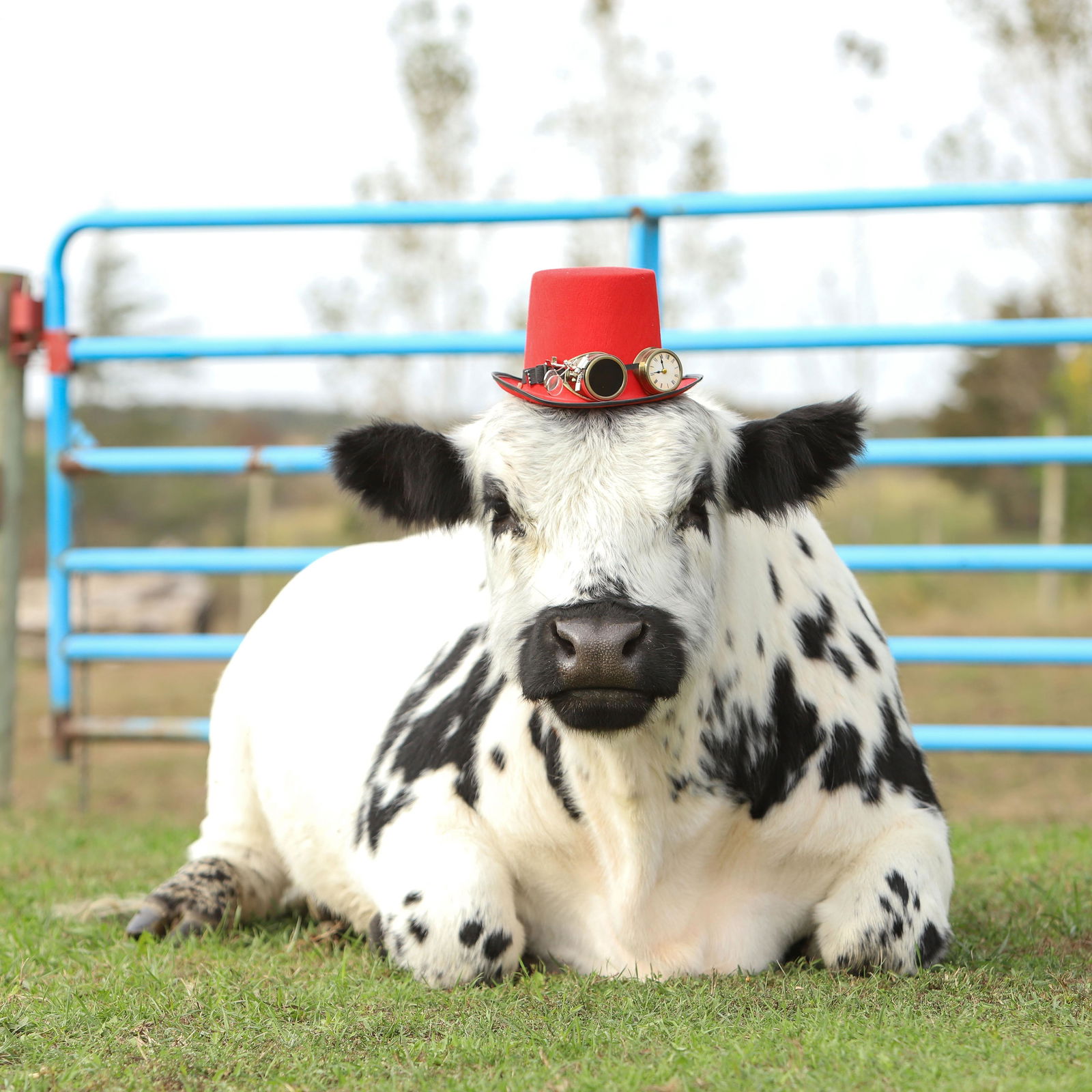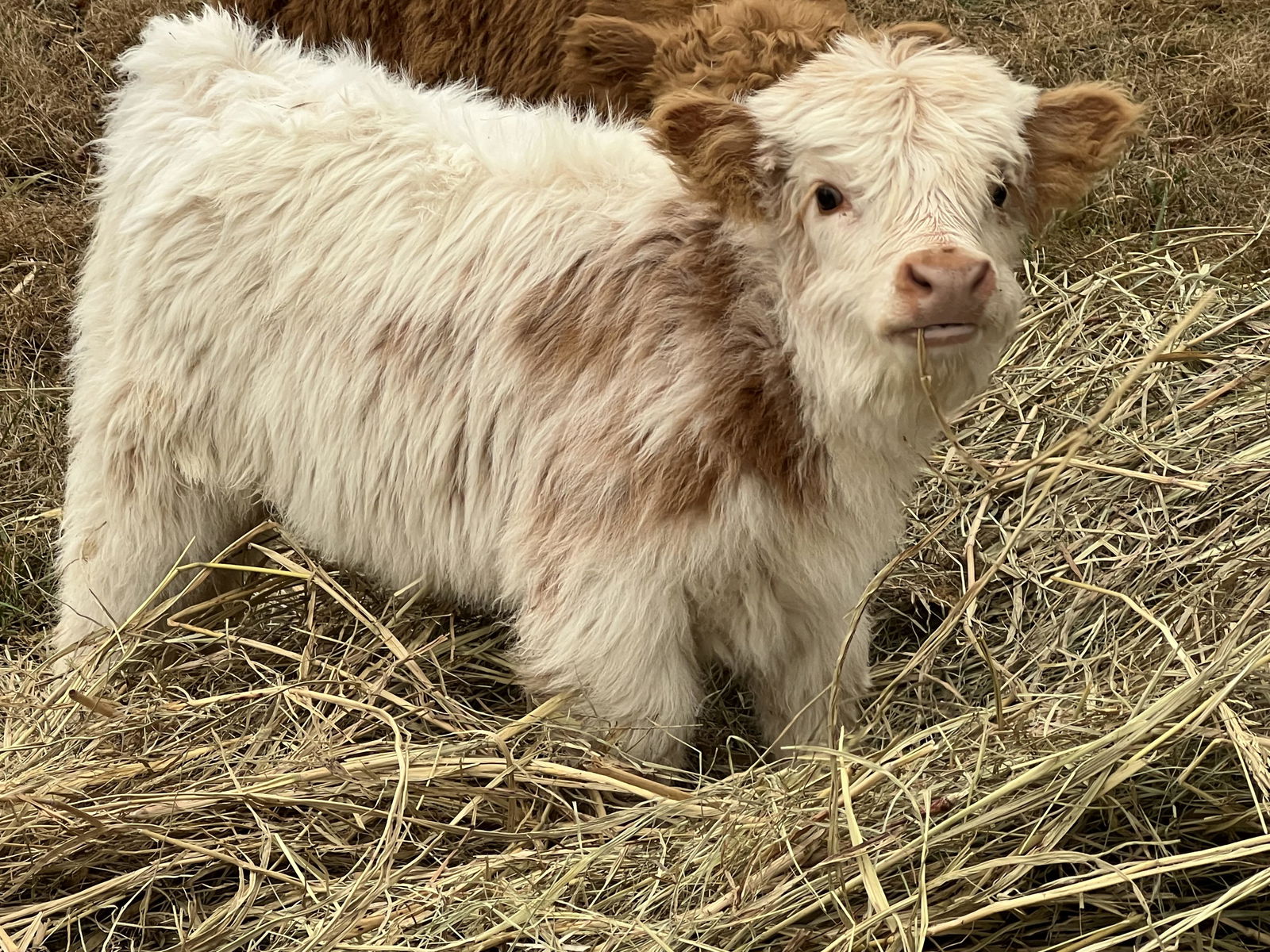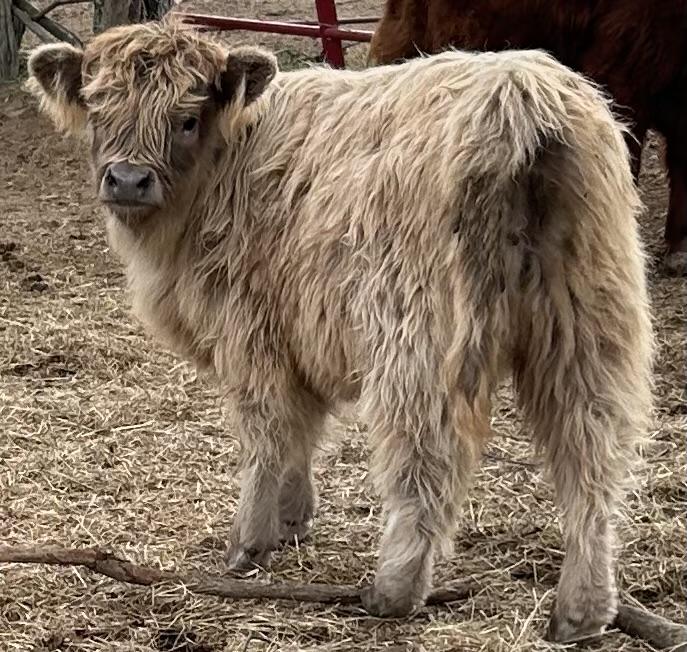
What Are Mini Donkeys Good For? Their Roles as Pets, Therapy Animals, and More
Author: Elliott Garber, DVM
If you’ve ever seen a mini donkey, you know they’re basically the puppies of the barnyard world. Standing just 3 feet tall at the shoulder, these pint-sized equines pack more personality and charm into their tiny frames than their full-sized cousins. And while they might look like adorable lawn ornaments, they’re actually incredibly versatile farm companions.
Beyond their obvious cuteness factor, mini donkeys serve as excellent guardians, smart work animals, and therapeutic partners. Whether you’re running a small hobby farm, looking for a unique pet, or seeking an animal therapy companion, these little fellows might just be your perfect match.
What Is a Mini Donkey?
Mini donkeys, officially known as Miniature Mediterranean Donkeys, are compact equines standing 36 inches or shorter at the withers. Think of them as the compact car version of the equine world – all the intelligence of their larger cousins in a more manageable package.
Physical Characteristics and Size
These pint-sized companions are built like tiny tanks. They typically stand between 26 and 36 inches at the withers (that’s the shoulder area for non-horse folks) and weigh anywhere from 200 to 350 pounds. Their most striking features are those adorable long ears, perfectly proportioned to their small heads. You’ll find them sporting coats in various colors – from classic gray and brown to black, and even some with white spots.
The average mini donkey stands around 32 inches tall and weighs about 275 pounds, though they can range from 26 to 36 inches in height. With proper care, these hardy little animals typically live 25 years, with some reaching up to 35 years old.
Origins and History
These little characters trace their roots back to the Mediterranean islands of Sicily and Sardinia. Their story goes way back – we’re talking 6000 BCE! They didn’t make their way to American shores until 1929, when Robert Green brought the first breeding stock to New York.
These donkeys weren’t just pets back in their Mediterranean homeland – they were the original delivery service, navigating narrow village streets and carrying supplies to local markets. Their population grew steadily through the 1950s, and by 1958, they earned official recognition from the American Donkey and Mule Society.
Mini Donkeys as Companion Animals
Mini donkeys shine brightest as family companions. Their gentle nature and manageable size make them perfect partners for all sorts of settings, from family farms to therapy programs.
Friendly and Affectionate Nature
These social butterflies form deep bonds with their caregivers. They’re not shy about showing affection – expect plenty of gentle nuzzling and faithful following around the farm. They’re naturally drawn to people and show genuine excitement when their favorite humans are around. Their calm, steady demeanor makes them especially good with kids and elderly folks.
Social Requirements
Mini donkeys are social creatures who need companionship to thrive. They need at least one other donkey friend (or compatible animal) to keep them happy. Daily interaction with humans is essential – plan for regular grooming sessions and playtime. They get along well with other farm animals like horses, cows, and goats.
For exercise and social time, they need about half an acre per pair and should get outside for group activities 2-3 times daily. Regular human interaction of 1-2 hours per day keeps them well-adjusted and content.
Mini Donkeys as Guard Animals
Let’s be honest – while mini donkeys have protective instincts, their size makes them better watchdogs than actual guards. Standing just 26-36 inches tall, they’re more likely to need protection than provide it.
Natural Protective Instincts
These little ones do have a built-in alarm system. They’ll let you know when something’s up by raising their heads high, braying loudly, or stomping their hooves. When they sense danger, they’ll bunch together – safety in numbers!
Predator Control
When it comes to actual predator control, mini donkeys have some serious limitations. They’re simply too small to handle larger threats like dogs, coyotes, bears, or mountain lions. Their main defense strategy is running away or seeking safety with their herd mates.
For serious predator protection, you’re better off with standard-sized donkeys, livestock guardian dogs, llamas, or adult horses. Mini donkeys are better suited as companions than guardians.
Working With Mini Donkeys
These little powerhouses shine in all sorts of work settings. Their smart minds, gentle nature, and eagerness to learn make them valuable partners for both farm work and therapy programs.
Farm Tasks and Labor
On the farm, mini donkeys prove themselves surprisingly capable. They’ll happily pull carts loaded with up to 200 pounds of garden supplies or hay. Their tiny hooves are perfect for garden work too – they’ll help aerate your soil while walking through without tearing up the ground.
These patient souls make excellent training companions for young livestock. Plus, they’ll keep your grass trimmed naturally through grazing, saving you time on property maintenance.
Therapy and Support Animals
Mini donkeys truly shine in therapeutic settings. Their calm, quiet nature brings peace to nursing homes, rehabilitation centers, and assisted living facilities. Standing just 26-36 inches tall, they’re at perfect eye level for folks in wheelchairs or beds.
They’re particularly good at helping seniors reconnect with happy memories, especially those who grew up around farms. Their quick learning ability means they adapt easily to different therapy situations and patient needs.
Here’s where you’ll find these gentle therapists making a difference:
- Nursing Homes: Helping with memory care and emotional support
- Rehabilitation Centers: Motivating patients through physical interaction
- Assisted Living: Reducing stress and encouraging social connections
- Therapy Programs: Providing sensory experiences and building new skills
Care Requirements and Costs
Keeping mini donkeys healthy and happy isn’t complicated, but it does require dedication and the right setup.
Space and Housing Needs
Each pair of mini donkeys needs at least half an acre of land to roam. They’ll also need a cozy three-sided shelter to duck into when the weather turns rough.
Your shelter should include:
- An 8×8 foot space per donkey
- Comfortable bedding (straw or wood shavings work great)
- Strong fencing at least 4.5 feet high
- Solid flooring (rubber mats or concrete help prevent hoof problems)
- Space for feed storage
- Secure gates they can’t outsmart
Feed and Healthcare
Keeping your mini donkey healthy is pretty straightforward. Here’s what they need daily:
- 2-3 pounds of grass hay
- 3-5 gallons of fresh water
- Access to a salt block
- Mineral supplements as needed
For healthcare, plan on:
- Yearly shots for tetanus and rabies
- Dental checkups every 6-12 months
- Regular hoof trims (every 8-10 weeks)
- Deworming based on your vet’s recommendations
- Daily grooming to spot any problems early
Budget-wise, expect to spend $500-1000 yearly per donkey for basic care. This covers routine vet visits, hoof care, feed, and basic supplies – but keep a bit extra saved for unexpected vet bills.
Conclusion
Mini donkeys bring so much more to the table than their adorable looks suggest. They’re versatile helpers who’ll pitch in with farm work, bring comfort in therapy settings, or simply be loving pets.
While they might not be your go-to guard animals, their smarts and loving nature make them perfect partners for both work and therapy. Give them proper care and attention, and these charming creatures will be loyal companions for years to come.
If you’ve got the space and resources to meet their needs, a mini donkey might just be the perfect addition to your family or farm.

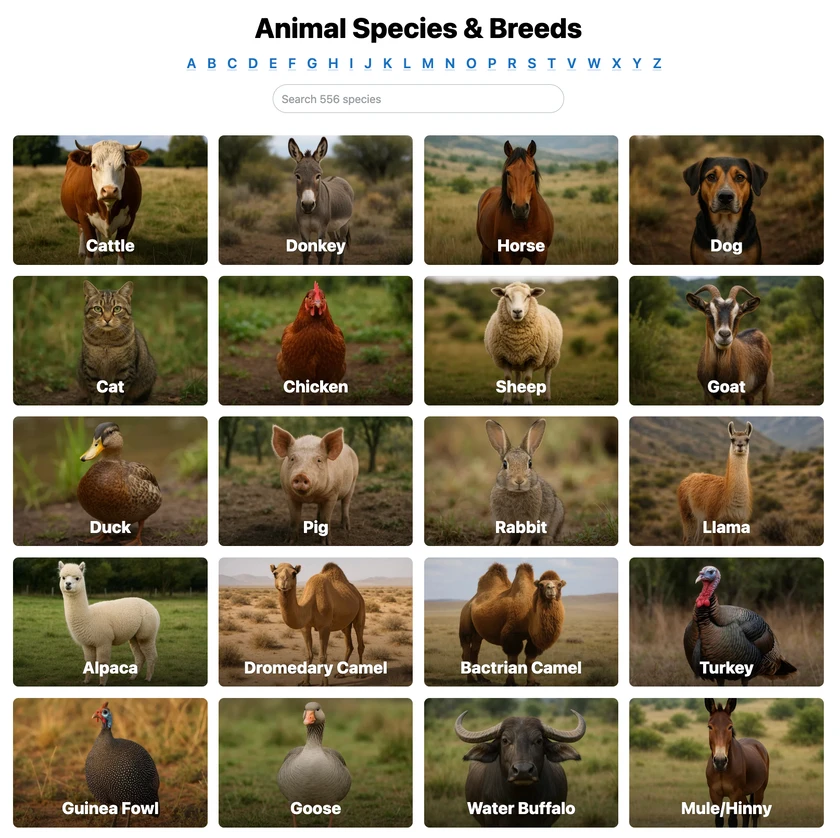 All Species & Breeds
All Species & Breeds
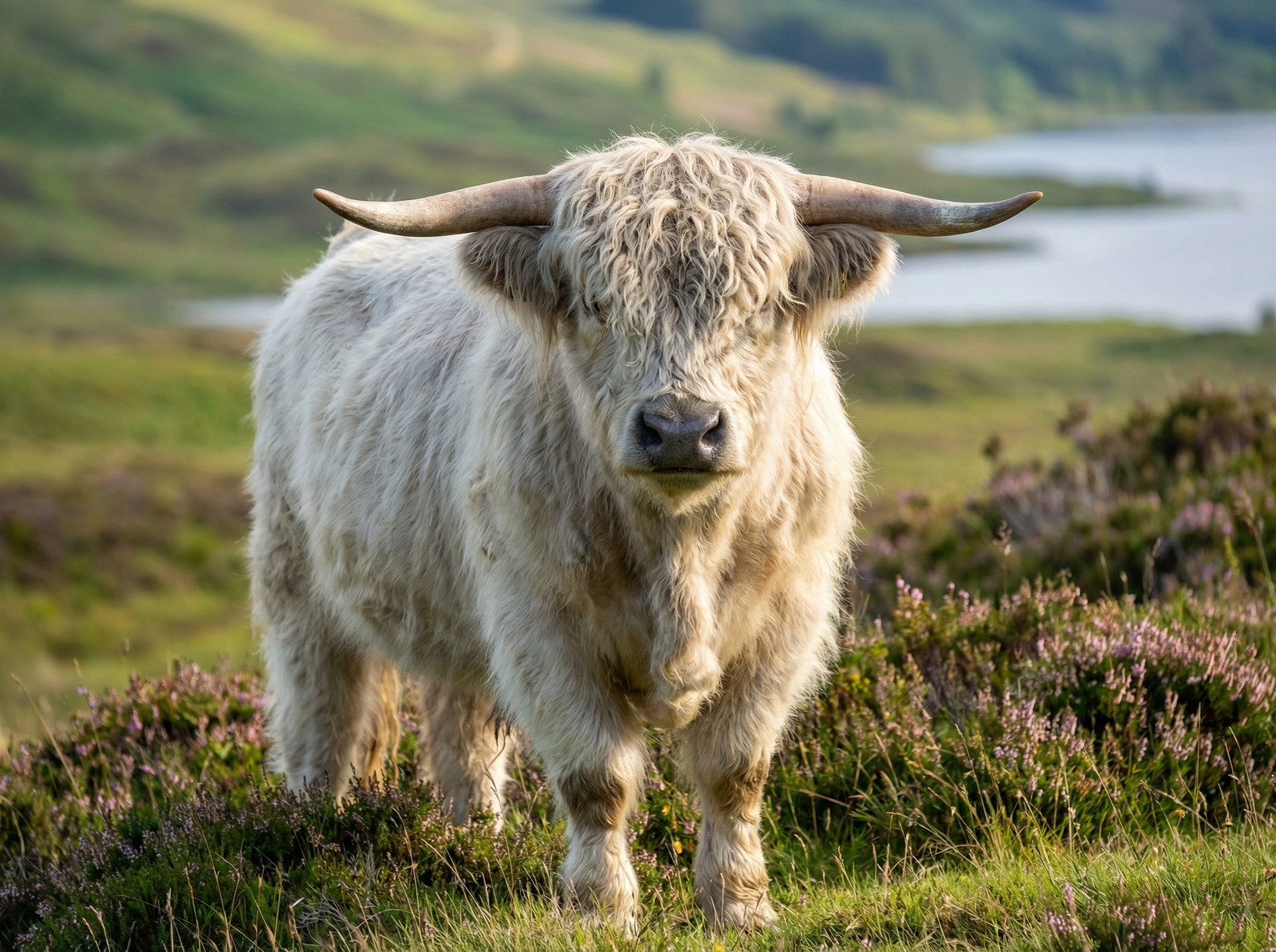 Highland Cattle
Highland Cattle
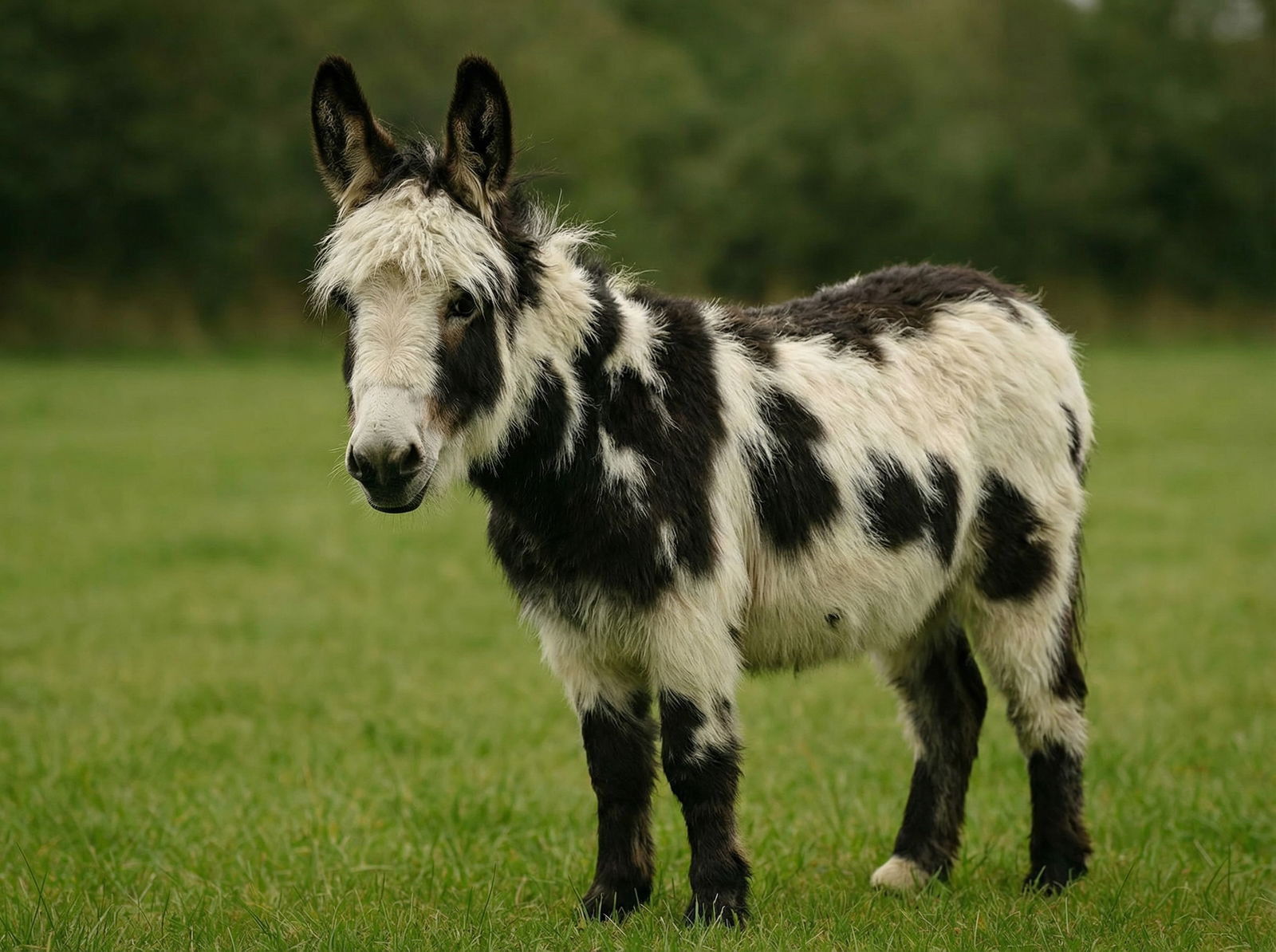 Miniature Donkeys
Miniature Donkeys
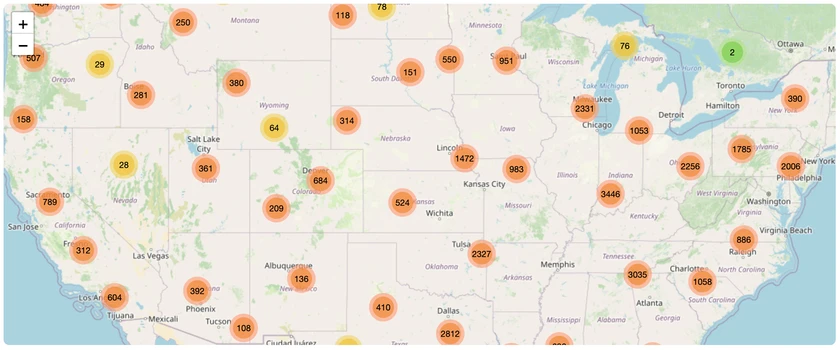 All Species Directory
All Species Directory
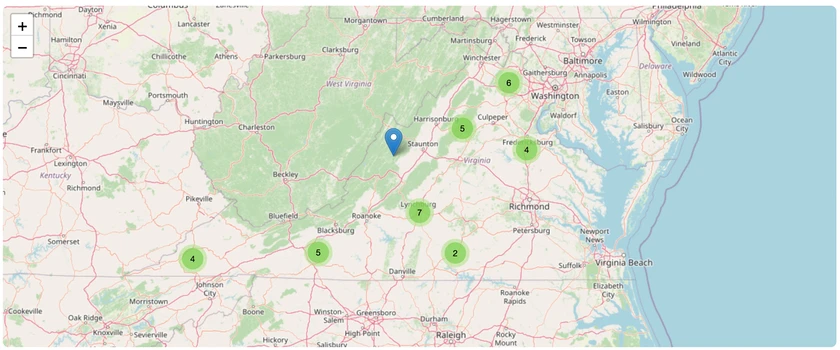 Highland Cattle in Virginia
Highland Cattle in Virginia
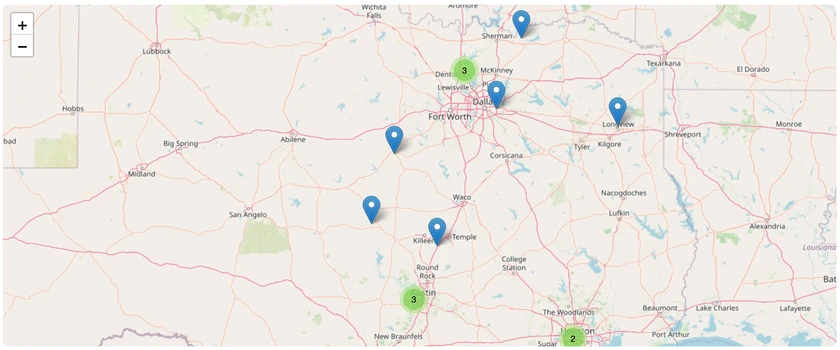 Miniature Donkeys in Texas
Miniature Donkeys in Texas








